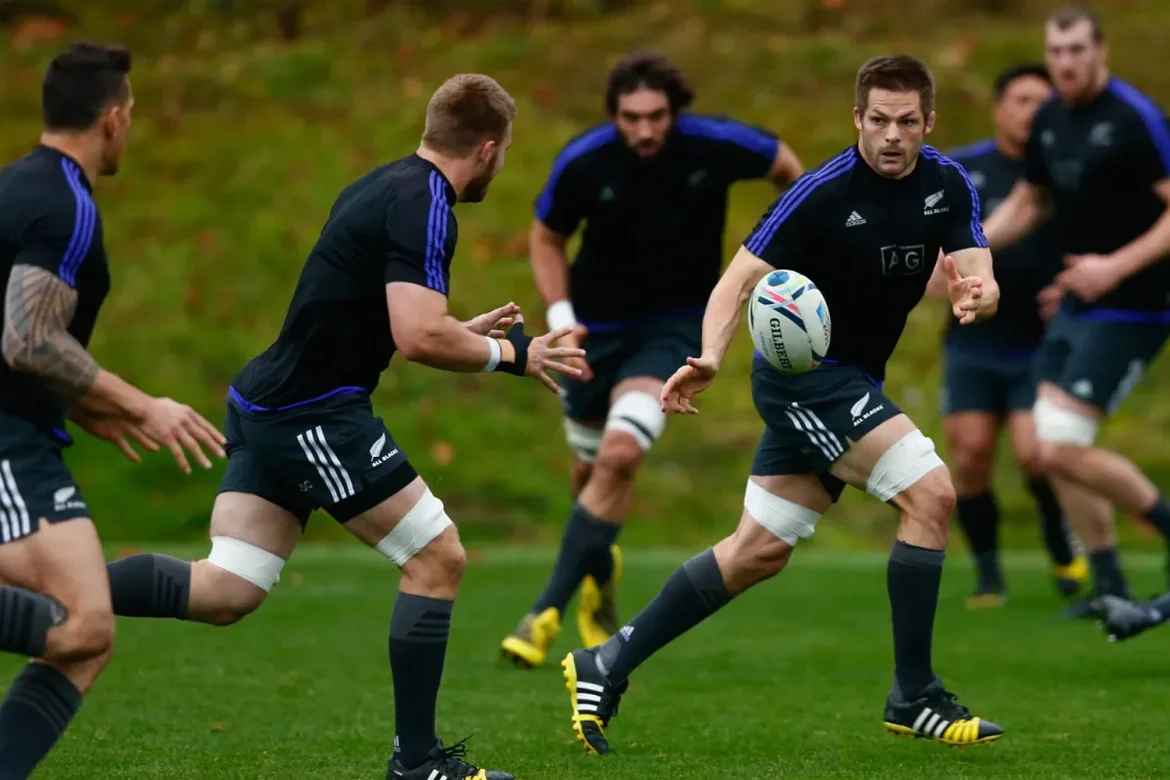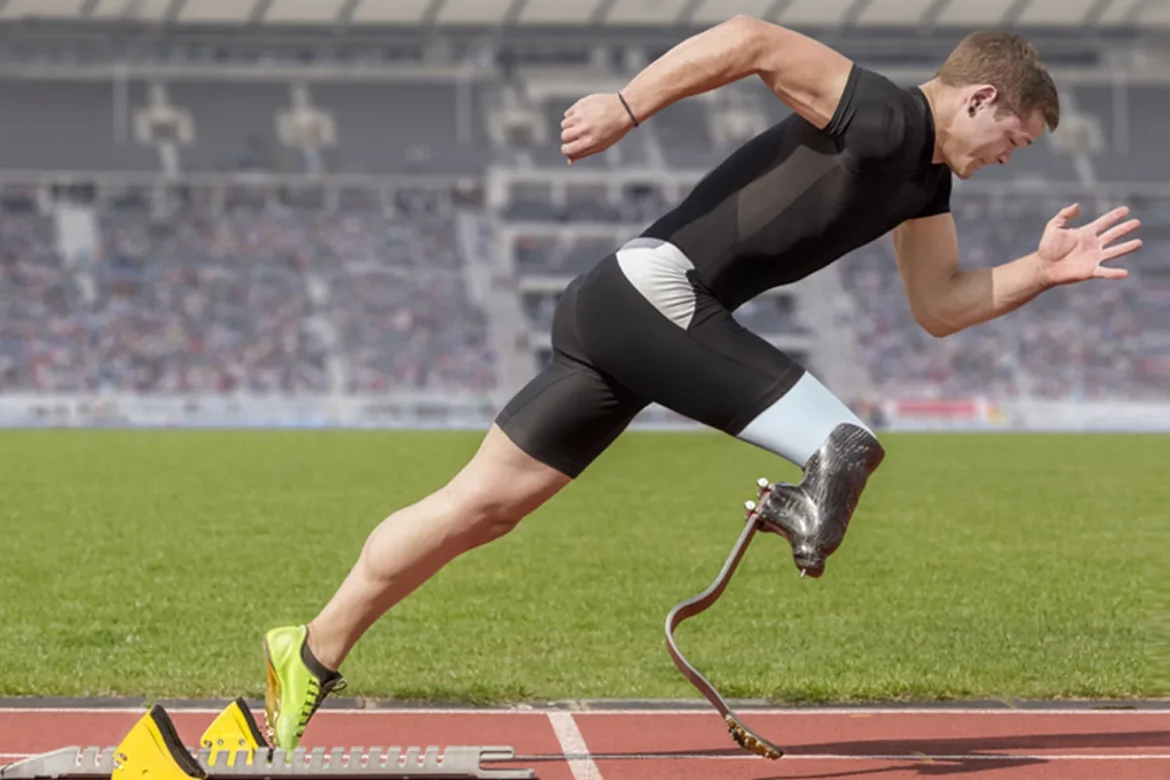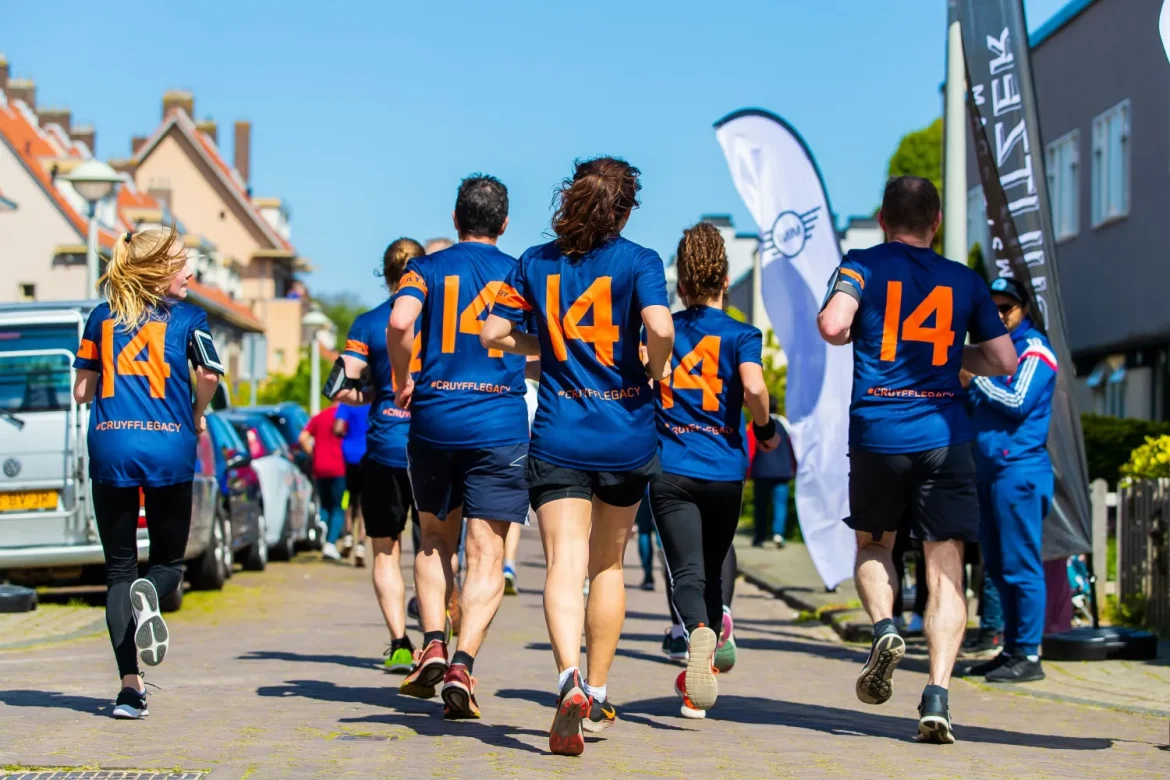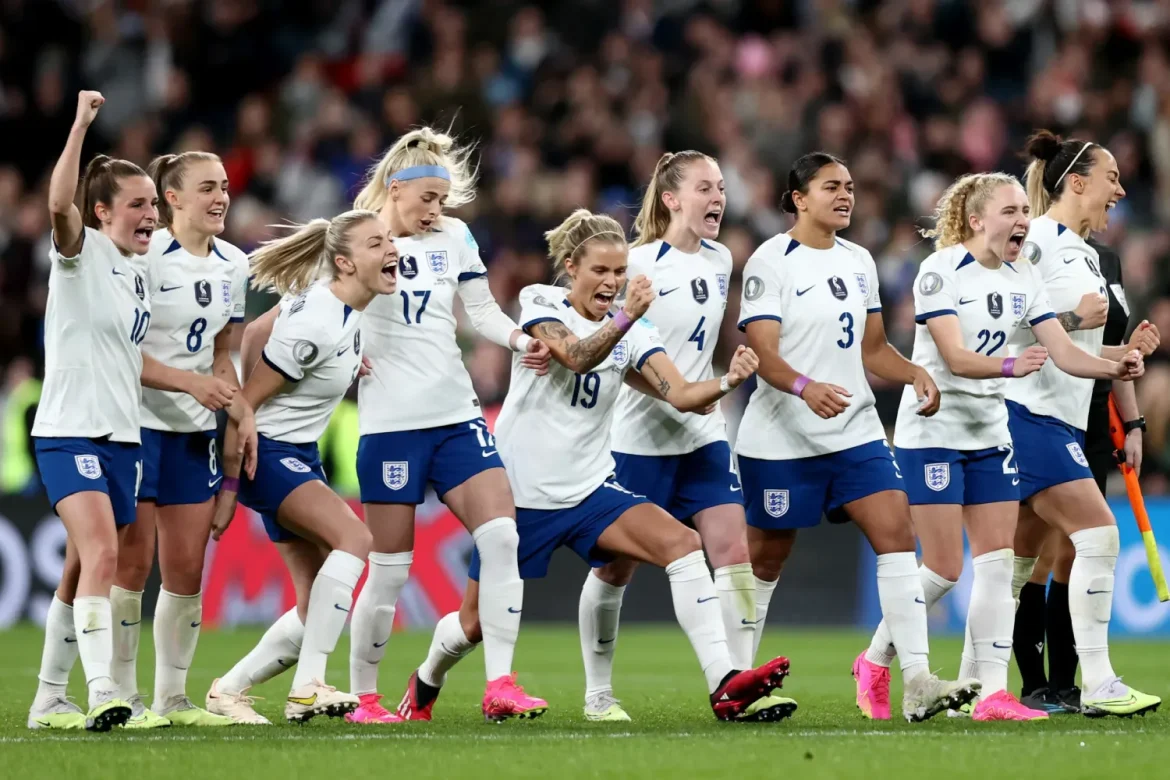Rugby holds a special place in the sporting culture of the UK, known not only for its intensity on the pitch but also for the values it promotes off it. From school teams to professional clubs, rugby is celebrated for fostering respect, discipline, and a strong sense of community. These attributes have contributed to the sport’s continued popularity across the British Isles.
Many schools in England, Wales, Scotland, and Northern Ireland introduce rugby as part of their physical education curriculum. Beyond teaching the technical aspects of the game, coaches and educators often emphasise teamwork, accountability, and fair play. These lessons extend far beyond the try line and influence young players’ behaviour and mindset in everyday life.
Community clubs are the backbone of rugby in the UK. They provide a space where individuals of all ages and abilities can come together and share a passion for the game. Whether through weekend matches, training sessions, or post-game social events, clubs foster a sense of belonging that strengthens local ties and creates intergenerational bonds.





